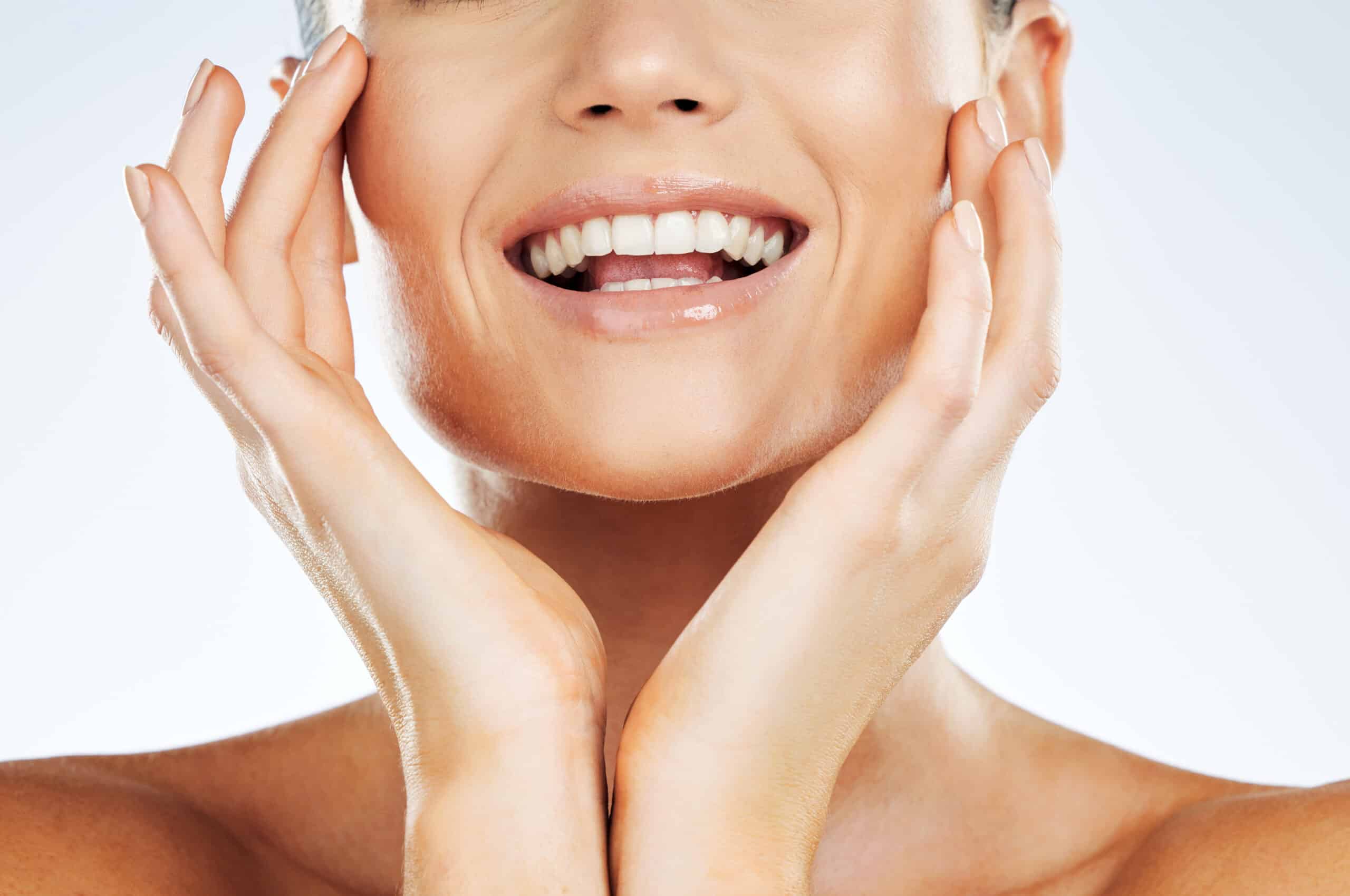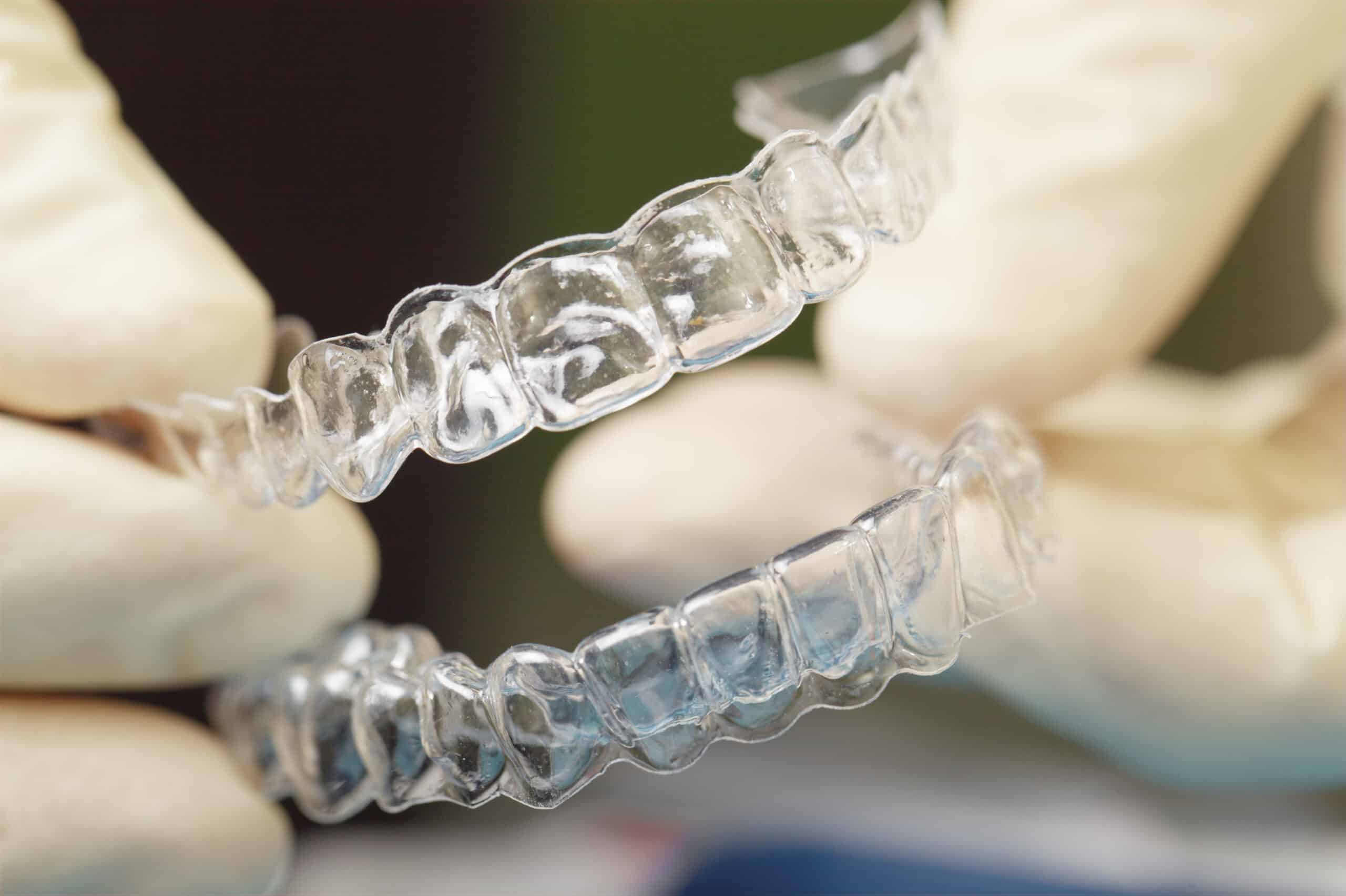
Aging brings a host of changes to the body, and oral health is no exception. As we age, our teeth and gums require special attention to maintain their health and function. Oral health is crucial for overall well-being, impacting everything from nutrition to self-esteem. This comprehensive guide will explore the importance of maintaining oral health in your senior years and provide practical tips to keep your smile bright and healthy.
The Importance of Oral Health for Seniors
Oral health plays a vital role in overall health, particularly for seniors. Poor oral health can lead to a range of issues, including:
- Nutritional Deficiencies: Missing or painful teeth can make it difficult to chew, leading to poor nutrition.
- Infections: Gum disease and other oral infections can spread to other parts of the body, exacerbating conditions like diabetes and heart disease.
- Quality of Life: Oral health issues can cause pain, embarrassment, and social isolation, significantly impacting the quality of life.
Recognizing these connections underscores the importance of maintaining good oral hygiene practices and seeking regular dental care.
Common Oral Health Issues in Seniors
Several oral health issues are particularly prevalent among seniors:
Gum Disease
Gum disease, or periodontal disease, is a common issue that can lead to tooth loss if left untreated. Symptoms include swollen, red, and bleeding gums. Regular dental check-ups are crucial for early detection and management.
Tooth Decay
Tooth decay is another prevalent issue in older adults. Factors such as dry mouth (often a side effect of medications) and receding gums can increase the risk of cavities.
Dry Mouth
Dry mouth, or xerostomia, is a condition where the salivary glands do not produce enough saliva. This can lead to difficulties in swallowing, an increased risk of tooth decay, and gum disease.
Oral Cancer
The risk of oral cancer increases with age. Regular dental visits can help in the early detection of any suspicious lesions or changes in the mouth.
Tips for Maintaining Oral Health in Seniors
Maintaining oral hygiene as you age involves a combination of good daily practices and regular professional care. Here are some tips:
1. Brush and Floss Regularly
Brushing twice a day with fluoride toothpaste and flossing daily can help remove plaque and prevent tooth decay and gum disease.
2. Stay Hydrated
Drinking plenty of water can help combat dry mouth and keep your mouth healthy. Avoiding alcohol and tobacco, which can exacerbate dry mouth, is also beneficial.
3. Eat a Balanced Diet
A diet rich in fruits, vegetables, whole grains, and lean proteins can support overall health, including oral hygiene. Avoiding sugary and acidic foods and drinks can reduce the risk of tooth decay.
4. Regular Dental Check-ups
Regular visits to a dentist in Midwest City or your local area are essential for maintaining oral hygiene. Dentists can perform thorough cleanings, check for signs of oral diseases, and provide personalized advice.
5. Use Dental Products for Seniors
Specialized dental products, such as toothpaste for sensitive teeth and mouthwash for dry mouth, can address the specific needs of seniors.
6. Manage Chronic Conditions
Chronic conditions like diabetes can affect oral health. Managing these conditions with the help of your healthcare provider can reduce the risk of oral hygiene problems.
7. Denture Care
If you wear dentures, it’s crucial to clean them daily and have them checked regularly by your dentist to ensure they fit well and are free from damage.
The Role of Dental Professionals
Regular visits to a dentist in Midwest City or your respective local area can make a significant difference in maintaining oral hygiene as you age. Dental professionals can provide:
- Preventive Care: Routine cleanings and check-ups can prevent many oral health issues.
- Early Detection: Dentists can detect early signs of problems like gum disease, tooth decay, and oral cancer.
- Personalized Advice: Your dentist can provide tailored advice based on your specific needs, helping you maintain optimal oral health.
Maintaining oral hygiene as you age is crucial for your overall well-being. By following good daily practices, staying hydrated, eating a balanced diet, and visiting your dentist in Midwest City or local dental professional regularly, you can keep your smile healthy and bright well into your senior years. Remember, your oral health is an integral part of your overall health, and taking care of it can enhance your quality of life.




